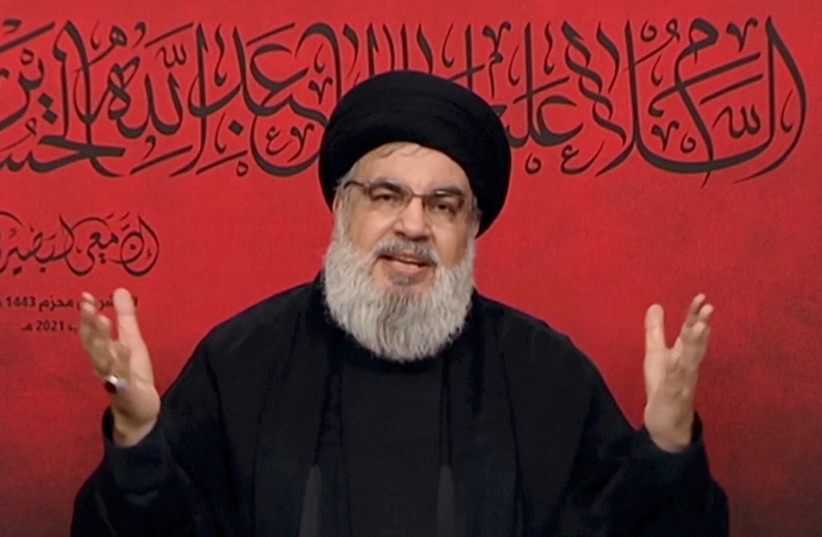Hezbollah leader Hassan Nasrallah, who is 61 years old, is struggling to stay relevant. In a speech this week, he once again reminded the few people who tuned in that in May of 2000, Israel left southern Lebanon. For Hezbollah, this is considered a “victory” that set the stage for Hezbollah launching a war on Israel in 2006 and its attempt to control Lebanon after it assassinated former Lebanese prime minister Rafic Hariri.
The Nasrallah speech was full of the usual bluster about how great Hezbollah’s “martyrs and fighters” are and how Israel’s withdrawal was Lebanon’s greatest success. If this was its great success, then there isn’t much to show for it because Lebanon is struggling financially and the country’s voters are no longer backing Hezbollah. Nasrallah, however, needs to stay relevant. He knows that young people no longer identify with him or his aging movement.
How can Nasrallah stay relevant?
In his relatively short speech, Nasrallah claimed that Israel’s withdrawal in 2000 ended its dream of “greater Israel” and that Palestinians now have “hope again for liberation of their land.”
He then warned Israel not to tamper with al-Aqsa mosque. Shouting about the “danger” to al-Aqsa is one of the key grifts of Nasrallah and his friends: using imaginary religious threats to encourage extremism and populism.

How did Iranian media cover the speech?
Iranian media didn’t seem to take the speech seriously, but a bit of it was published.
“Any action against al-Aqsa Mosque and the Dome of the Rock in the region will lead to a big explosion in the region and will have unpleasant results,” the Hezbollah leader said.
Overall, the speech was to be expected as part of the usual cycle of speeches that Nasrallah gives several times a year.
Why this is different
The brevity of the speech and the fact Hezbollah and its allies performed badly in the recent elections, illustrates how the terrorist group will have to struggle to stay relevant in the coming years.
